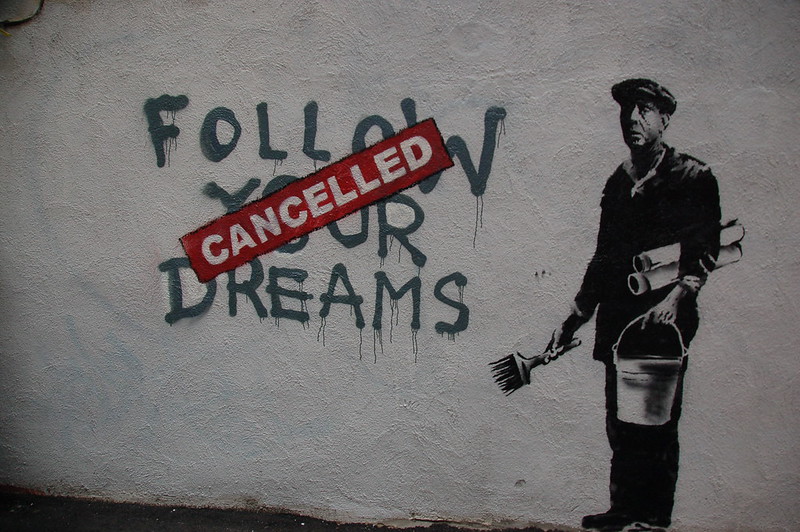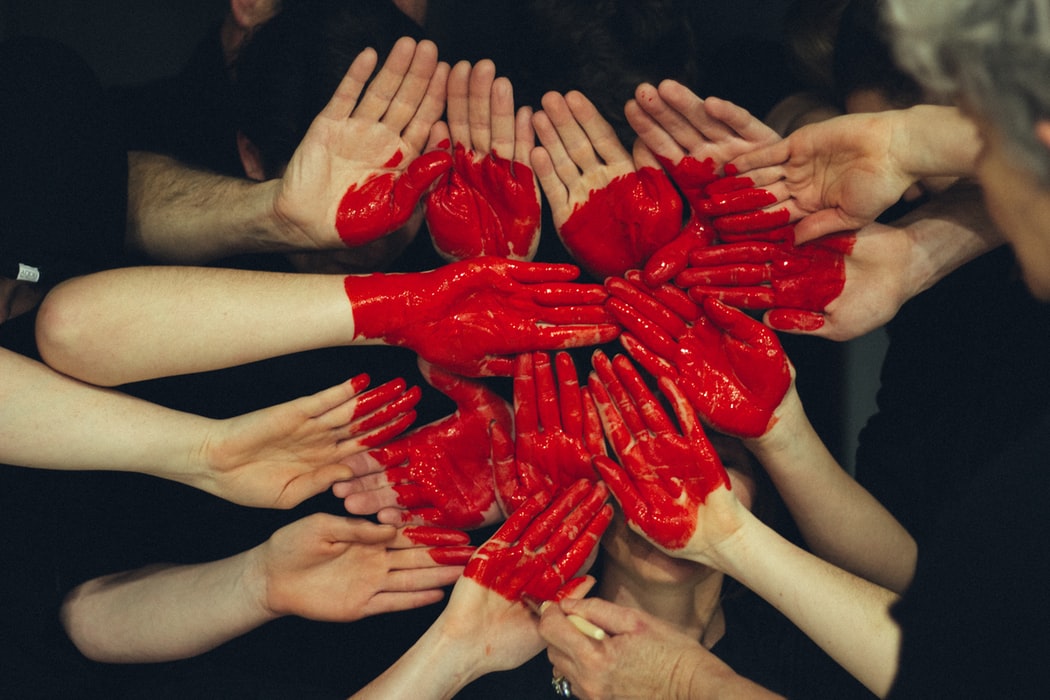When I Am Asked to Be More Like the Good Women of Sparta in the Movie ‘300’
By Abby E. Murray
The colonel sends a letter
to the families of Tiger Battalion
at the onset of global pandemic.
I am a Tiger spouse now,
which means I am dignified,
according to the colonel.
The tigers in the zoo closest to us
have paced so long in their habitat
they communicate in sunken spirals,
insane, glaring past their fence
with eyes the color of honey
or fossilized sap, the color
of sweetness or preservation,
maybe both. I assume they
continue to speak in circles
without shrinking from human chaos
not because they are dignified
so much as they cannot shrink.
But this is not about tigers or a name
thrown to me like a new toy,
a bloody chop to chew.
The colonel asks us to remain calm,
be more like the good women
of Sparta in the movie 300:
supportive, exemplary,
confident in their warriors.
He says we must be the foundation
upon which our soldiers succeed
and I imagine myself painted
in orange and black on an urn
in some museum,
my placard purring about
how I’m allowed to be wise,
allowed to own land,
allowed to speak,
permitted, given, blessed.
Now I’m pissed. Now I’m hungry.
On behalf of Spartan women
I want to ask the colonel:
what is there for me to praise here?
Is it the good of the state,
balanced on my head like poisoned meat?
or is it my beloved himself,
who lets me grow strong?
I send no response to the colonel,
who probably translates silence
as agreement, the sound of a tame woman
pacing the earth—fearsome
but composed in her containment.
See how I wear a grave into the earth
just by walking on it?
Abby E. Murray is the editor of Collateral, a literary journal concerned with the impact of violent conflict and military service beyond the combat zone. She teaches rhetoric in writing military strategy for army officers on fellowship from the Army War College at the University of Washington, and she offers free creative writing workshops for immigrants, soldiers, veterans, and their loved ones around Tacoma, Washington, where she is the city’s poet laureate. Her book, Hail and Farewell, won the Perugia Press Poetry Prize and was released in September 2019. You can reach her at www.abbyemurray.com.
Image of Greek amphora, 540 BC, from the Metropolitan Museum of Art, NYC.




